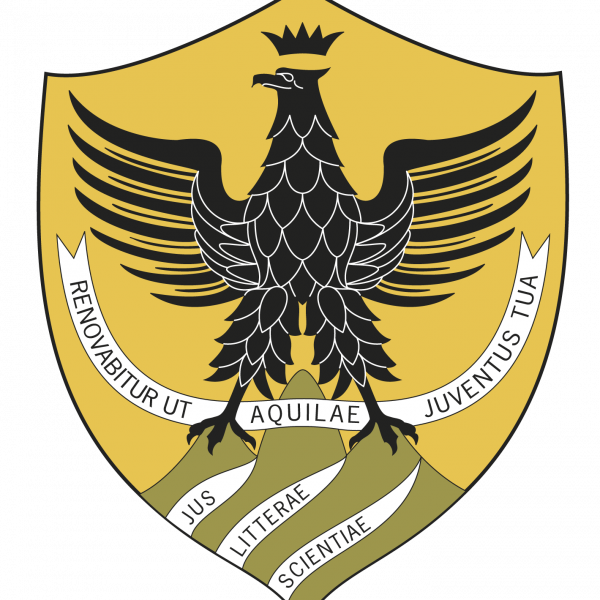Instructors
Categories
ING-INF/02Description
Prerequisites
Electromagnetic fields
Contents
I) Fundaments of Remote Sensing
– Introduction to Remote Sensing (scopes and applications, electromagnetic spectrum);
– Elements of electromagnetic (EM) waves (propagation, absorption, reflection, Planck’s law);
– Radiative Transfer (absorption and emission, surface characteristics, boundary conditions);
– Radiative process for active sensors (backscattering equation);
– Direct and inverse problems and solutions;
– Estimation methods.
II) Instruments and Techniques of Remote Sensing
– Passive and active instruments (radiometers, photometers, interferometers, radar, lidar,.);
– Remote Sensing platforms (ground-based, airborne, satellite, geometry, orbits).
– Remote Sensing applications: meteorology, climate, monitoring (pollution, vegetation, soil)
III) Laboratory of Remote Sensing
– Ground-based Remote Sensing: observations and data analysis from real instruments;
– Satellite Remote Sensing: observations and data analysis from real satellite instruments.
Assessment methods
Project report: the student will have to demonstrate the ability to report on a measurement technique and to obtain estimates of the profile of an atmospheric variable;
Oral examination: 3 questions on the main contents of the course, aimed at ascertaining the knowledge and property of exposition of the topics;
The final mark is calculated considering equal weight to the laboratory report (15 points) and to the oral examination (3*5 = 15 points).



